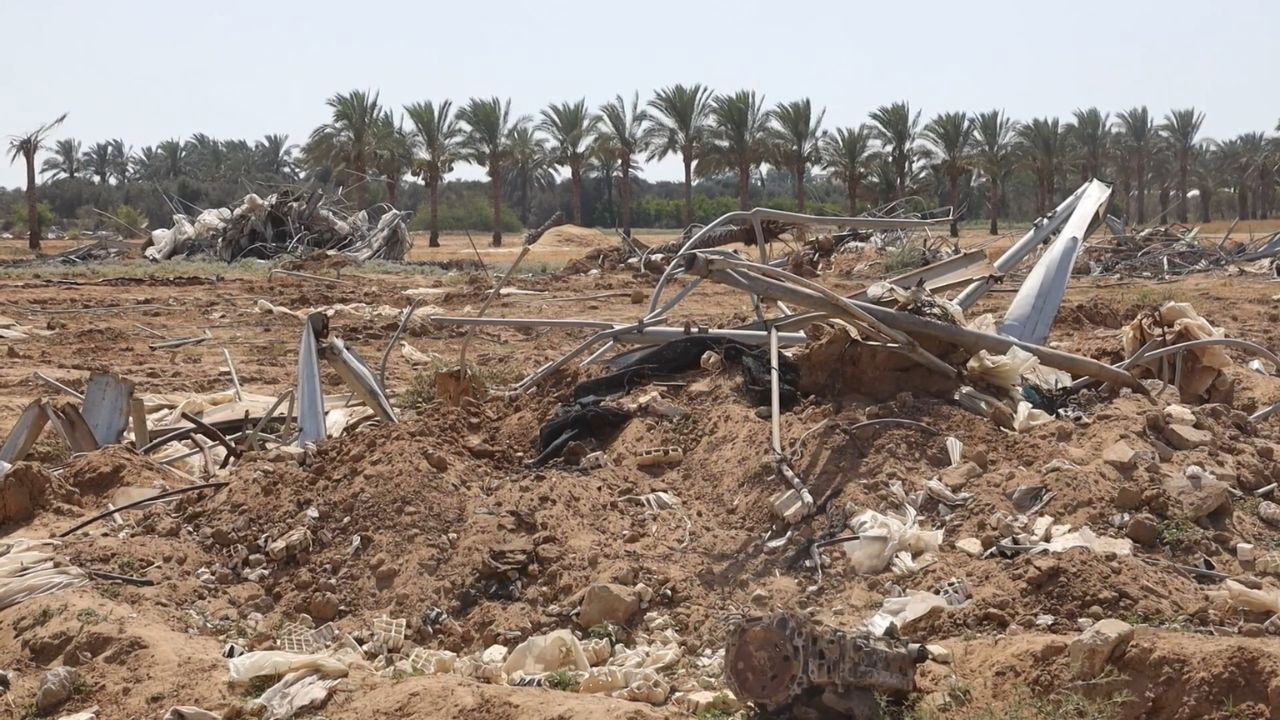
Less than five percent of the Gaza Strip’s cropland remains available for cultivation, according to the latest geospatial assessment conducted by the Food and Agriculture Organization of the United Nations (FAO) and the United Nations Satellite Centre (UNOSAT). The devastating loss of agricultural land is worsening Gaza’s food crisis and pushing the region closer to famine.
As of April 2025, more than 80 percent of Gaza's farmland—12,537 out of 15,053 hectares—has been damaged. Alarmingly, 77.8 percent of this land is completely inaccessible to farmers, leaving only 688 hectares, or 4.6 percent, still cultivable. The situation is particularly severe in Rafah and the northern governorates of Gaza, where nearly all cropland is out of reach.
Satellite imagery utilized in the assessment shows that 71.2 percent of greenhouses in Gaza are damaged. In Rafah, the destruction of greenhouses increased to 86.5 percent by April, up from 57.5 percent in December 2024. Furthermore, all greenhouses in the Gaza governorate have been destroyed. Agricultural infrastructure continues to deteriorate, with 82.8 percent of wells now damaged, an increase from 67.7 percent a few months ago.
Before the conflict escalated in 2023, agriculture supported around 10 percent of Gaza’s economy and was a vital source of food and income for more than half a million people. With croplands, greenhouses, and water supplies in ruins, the region’s food production system has nearly collapsed. FAO Deputy Director-General Beth Bechdol described the damage as not just a loss of infrastructure, but a collapse of lifelines for hundreds of thousands who once relied on farming and fishing.
Earlier this year, FAO estimated that the agricultural sector had suffered more than USD 2 billion in damages and losses since the conflict began, with recovery needs exceeding USD 4.2 billion. With the breakdown of a recent ceasefire, those numbers are expected to rise.
A new food security analysis shows that the entire population of Gaza, about 2.1 million people, is facing an extreme risk of famine. Between April and May 2025, 93 percent of the population was already in a food crisis or worse, with 12 percent in catastrophic conditions. By September, projections suggest nearly half a million people could be facing starvation.

















